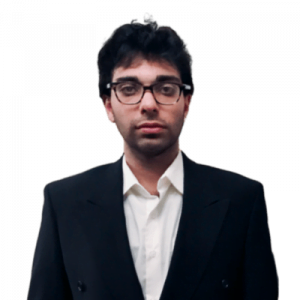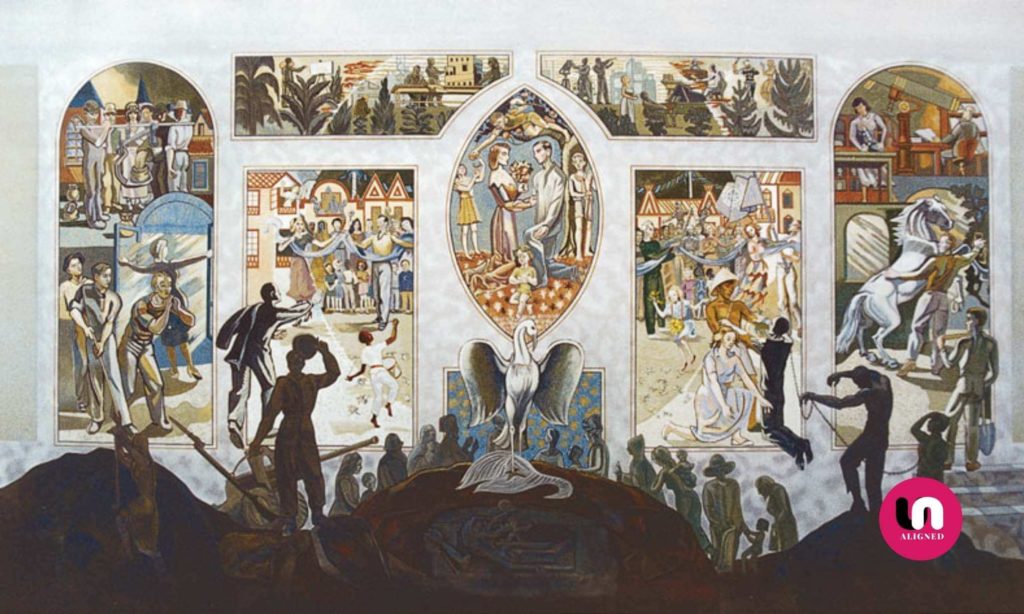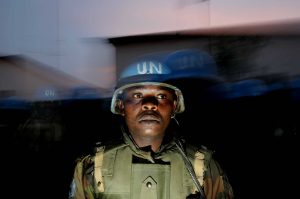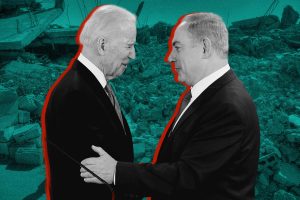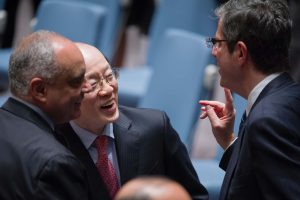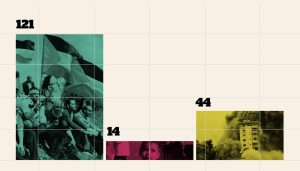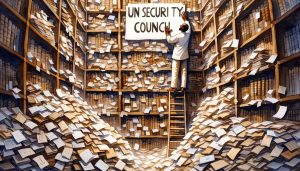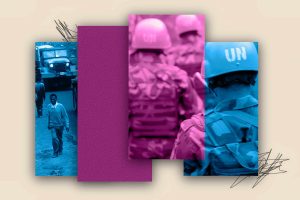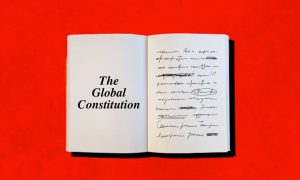Is the UNSC becoming obsolete?
Well, it is not that the Security Council (UNSC) is no longer fit for purpose, it has never really been designed to fit its purpose. In 1946, after the League of Nations ceased its operations, the Security Council was invested with most of the power of the brand new organisation, the United Nations. The five winners, let’s face it bullies, of the war, none of whom possessed any moral authority, were tasked with one noble purpose: to advocate peace. What could possibly go wrong with tasking a group of warlords with the maintenance of international peace and security?
Turns out everything. Today, the UN Security Council, whose permanent members are now nuclear-armed states, is notorious for fuelling conflicts in the world through its permanent members’ respective agendas and uncontrolled vetoes. The security council is the only body with the authority to enact legally binding resolutions that can be enforced by questionable sanctions imposed on other countries. These resolutions and sanctions are, of course, periodically ignored by member states, with impunity.
How are resolutions passed?
The Security Council consists of fifteen, five permanent and 10 non-permanent, members of the United Nations. The voting system within the Security Council is quite simple. A proposal regarding procedural matters requires nine positive votes in order to pass, while for all other rulings, the nine positive votes must include “the concurring votes of the permanent members”. This is what everyone talks about when they refer to the ultimate “veto” (Article 27).
A permanent member can, however, abstain. It is in fact required to do so when they are “party to a dispute”, but let’s face it: everyone wants to have the cake and eat it too. In recent times, east-west antagonism has brought back paralysis when it comes to major crises and so far, the veto has allowed for gross injustice and abuse. Of course, there is one more aspect which most people seem to miss. This is the concept of “hidden” veto, which refers to the times when a resolution is not even tabled due to threats of a veto from one of the permanent members.
But how exactly have our bullies misused their power?
Over the past five decades, the United States has vetoed at least 53 UN Security Council resolutions critical of Israel.
Russia on the other hand has certainly been the star of this shitshow, with over 117 vetoes since 1946, an average of 1.5 vetoes a year. Most of the recent Russian vetoes have been triggered to avoid scrutiny over its actions in Ukraine or to protect allies, such as the Syrian regime, from UN pressure.
China, too, often abuses its veto power, usually in tandem with Russia, to ensure the remaining of the Syrian dictator for example.
France and the UK have been more reserved when it comes to casting a negative vote. In 2015, France even tried to limit its use in cases that could lead to genocide, but their proposal was dismissed by Russia as “populist”.
To this day, calls for the UN to be reformed constitute a recurring theme of the yearly General Debates, but the UN is fettered by permanent members of the Security Council and unable to make any significant progress.
The UNSC peacekeeping mission is a whole other can of worms
To say that some of the UN’s peacekeeping missions have been controversial is a grotesque understatement.
The Charter of the United Nations gives the Security Council the power and privilege to take collective action and maintain international peace and security through the authorisation of blue-helmeted peacekeepers or by force of arms.
On numerous occasions, like South Sudan, the Central African Republic or the Democratic Republic of Congo, troops had failed to achieve their core mandates, namely “to protect civilians under threat of physical violence with specific protection for women and children”. In some cases, eyewitnesses said women and girls were raped near UN compounds with no action from peacekeepers.
Of course, one would wish that the incompetence of the troops was the only problem. In 2015, a UN inquiry named 41 peacekeepers in relation to alleged sexual abuse and exploitation in the Central African Republic. Women and even minors were reportedly abused in exchange for food and clothing.
Despite all the horror stories, few peacekeepers are prosecuted. Shockingly, intervention often occurs in countries with failed judicial systems.
Is there a better system?
76 years on, hardly anyone claims the Security Council is representative or fair. There are for example no African or Latin American states among the permanent members. Initiatives like the Ezulwini Consensus demanded full African representation at the Security Council. Many have even argued that India, a fast-growing economy, also deserves a seat at the table. There are also jealous regional rivals who don’t want to see their neighbours succeed.
Then, you will get the real theatre of the absurd…
However, it is highly unlikely that a bigger council would bring about any effective change. In fact, it is very likely going to make it worse. If you have thought the US, Russia and China are greedy, just wait until the right-wing governments of India’s Modi or Brazil’s Bolsenaro and other frantic leaders who defy human rights regularly join the table. Then, you will truly get the real theatre of the absurd.
The United Nations was created precisely with the “Four Policemen”, the US, the UK, the USSR and the Republic of China, in mind. It is unlikely to imagine an organisation without these four at the helm.
However, UN-aligned offers an alternative. Click here to see how to Unravel the United Nations.


